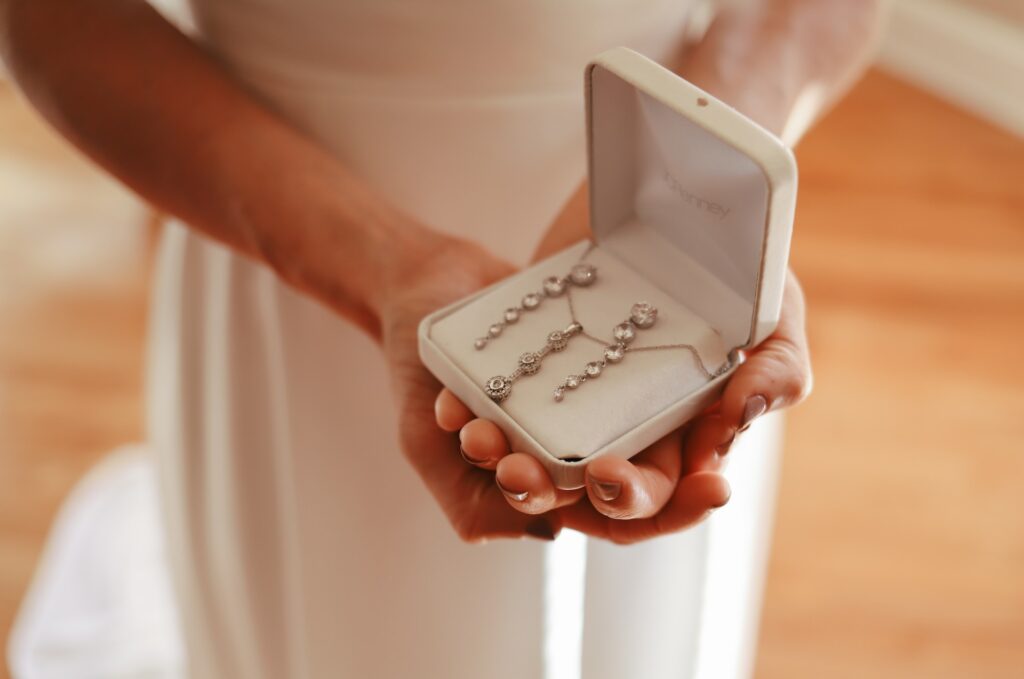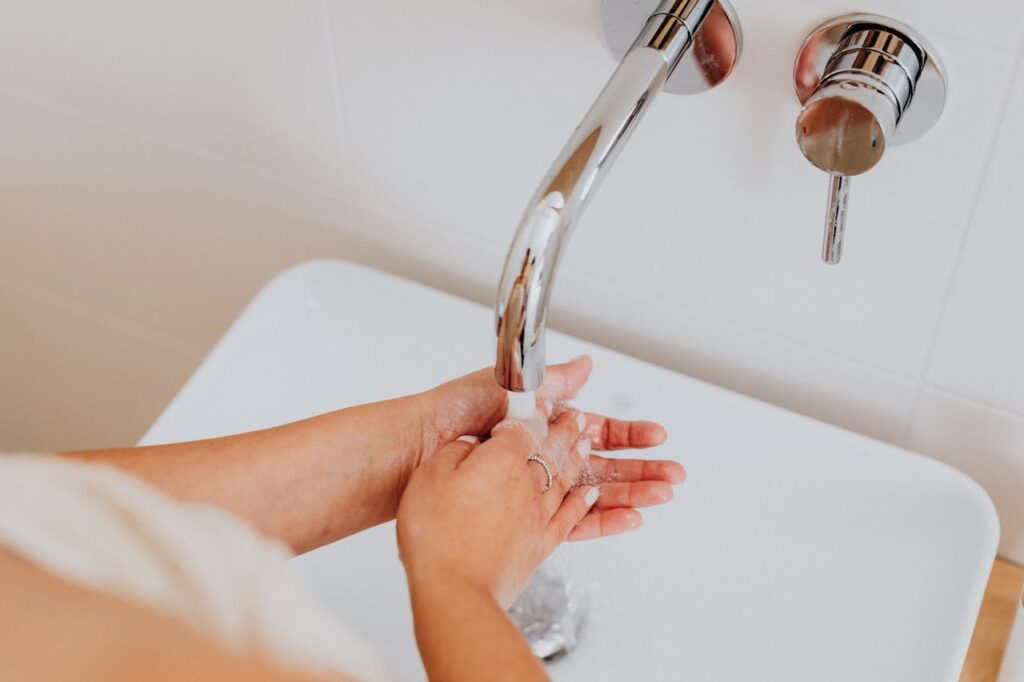Did you know that the most expensive jewel in the world is the Hope Diamond valued at more than $250 million? This diamond has over 45 carats and it’s as large as a smartwatch, requiring handling by specially trained professionals and 24/7 monitoring to ensure its safety.
However, handling jewellery with care shouldn’t only be reserved for record breaking diamonds. Indeed, it’s good practice for all kinds of gems, gold necklaces, silver rings, and more. What’s more, you can prevent your jewellery pieces from looking dull by cleaning them regularly, as long as you follow a few simple storage and handling methods along the way. These are those; our 7 top tips for looking after your jewellery to ensure its longevity.
Keep Your Jewellery Away From Sunlight & Oxygen
When you’re not wearing your jewellery, whether it’s a picture bracelet collection or a simple gold chain, you should keep them in a special box in a safe place in your house. Make sure that the lid of the box closes completely to prevent sunlight and oxygen from getting inside.
When oxygen gets in contact with valuable gems and precious metals, these items tend to oxidize. This process is automatic and usually irreversible, and will ruin the aesthetics of your jewellery over time. By keeping them in a special box, you prevent the oxidizing process and preserve the condition of your gems and necklaces.

Put Chalk Or A Silica Bag Inside Your Jewellery Box
Yep, precious metals such as gold, platinum, and silver don’t mix well with excessive sunlight, oxygen and moisture. A humid environment can significantly damage your jewellery pieces in a matter of years, if not months.
That’s why expert jewellers recommend placing silica bags inside jewellery boxes, which will absorb moisture from the air and keep your jewellery items in good condition. You can use small chalk bags too.
Do Not Store Gems Together
Although gem pieces are certainly durable, they are not indestructible. That’s why you shouldn’t store small emeralds with rubies, topaz gems or diamonds together. They might rub on each other and develop scratches over time.
Even if these scratches are microscopic, they will still alter the beauty and value of your gems. You should use multiple boxes to store gems or a large jewellery box with multiple compartments. Diamonds are the strongest of them all, and can easily scratch other gems or jewellery pieces you might have.
Since diamond jewellery deserves to shine as well as it can, it’s therefore recommended that you store diamonds separately.
Keep Your Jewellery Away From Water Sources & Chemicals
Some homeowners put jewellery items in a special box and store the box in the bathroom. This is not a good idea. As mentioned earlier, jewellery that gets in contact with moisture will be in trouble.
Similarly, some homeowners store a jewellery box close to harsh chemicals and dangerous substances. They might, for instance, hide the box in the garage next to a couple of buckets of paint. This is not a good idea as chemicals can quickly damage the beauty of your jewellery items.
The problem with chemicals is that they can cause discolouration. Additionally, toxic chemicals might be difficult to remove once they get in contact with other metals, and slowly erode the quality of the piece over time. To prevent this, keep in a safe box free from moisture and chemical interaction.

Clean Jewellery Periodically
Even if you take appropriate precautions, some jewellery items and gems might still get dust and debris on their surface. This is almost inevitable, especially if you wear your jewellery items regularly. In this case, you should develop a habit of cleaning your jewellery periodically, even if there’s no issues visible to the naked eye.
Ideally, this should be done once or twice a month. Use only lukewarm water, a creamy soap, and a toothbrush to clean your necklaces and earrings. Don’t apply too much pressure and wipe down excessive moisture afterwards. Gently, of course. The purpose of this cleaning process is just to remove accumulated dust and debris, not scrub away furiously at blemishes. Doing so would only worsen the issue.
If you have rings or necklaces with grime and debris that can’t be cleaned with a toothbrush, you might want to use an ultrasonic cleaner. Talk to an experienced jeweller on what type of ultrasonic cleaner to use and how to best deploy it. These devices can also be rented for simple jewellery cleaning tasks.
Use Straws To Prevent Necklaces From Getting Tangled
Some necklaces are like earphones – they tend to get tangled and it can be a time-consuming process to untangle them. Untangling silver necklaces is also risky because you might break the whole silver chain or make the small individual rings scratch each other. The same story is true for gold necklaces.
Luckily, there is a simple way you can get around this problem; use a straw. Disconnect the ends of your necklace and place one end through the straw. Let it pass through the straw and out the other end. Now you simply connect the ends back.
The straw will prevent entangling no matter how many necklaces you have or how close to each other you store them. Make sure that the straw is sufficiently large to accommodate your necklace. In some cases, you can find special jewellery straws online that are purposely built to prevent entanglement. Amazing!
Keep Jewellery Pieces Away From Small Children
There are two good reasons for doing this. First of all, small children might play with jewellery and then leave it somewhere tough to locate. We’ve all been there, but you don’t want to spend another entire afternoon looking for your grandfather’s ring, do you?
Secondly, children might accidentally swallow small jewellery pieces such as earrings, rings, pearls, and so on. Particularly important for when travelling but equally true when at home, use a jewellery box that can be locked with a key and store it high up in a closet or cabinet to prevent this.
The Bottom Line
As you can see, taking care of your jewellery pieces is not that complicated. These tips will preserve the beauty of your gems and necklaces for decades to come. On top of that, well-maintained jewellery items will likely have a higher resale value, if you do choose to cash in.





